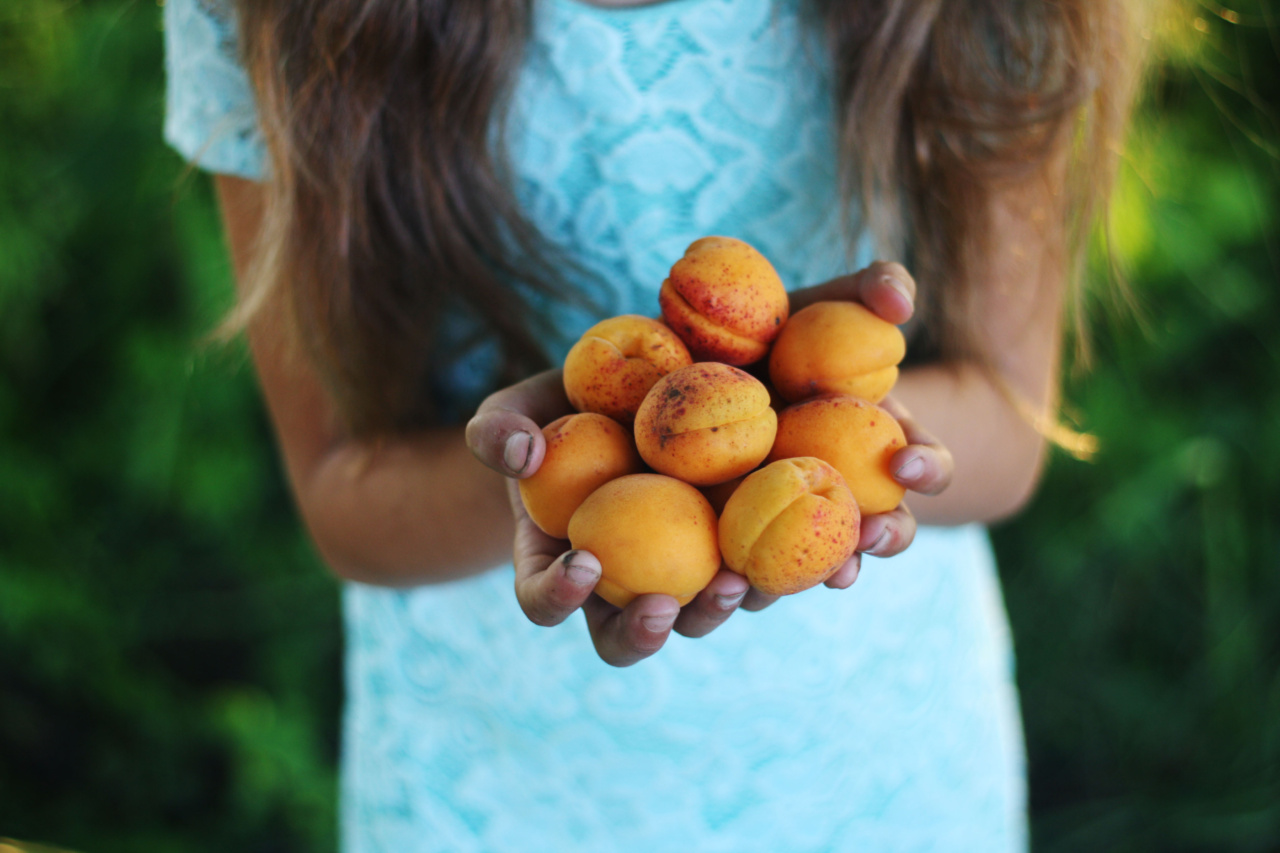Tropical fruits are a delicious and nutritious addition to any child’s diet. However, some children may experience delicate stomachs and adverse reactions when consuming these fruits.
The phenomenon known as capsize can cause discomfort and digestive issues in children when they consume tropical fruits. In this article, we will explore the causes and symptoms of capsize in delicate children and provide tips on how to manage and prevent this condition.
Understanding Capsize
Capsize refers to the unpleasant symptoms experienced by delicate children after consuming certain tropical fruits. Delicate children are those who have a sensitive digestive system or are prone to allergies and intolerances.
While tropical fruits are generally considered healthy and beneficial, some children may struggle to digest them properly, leading to a range of uncomfortable symptoms.
Symptoms of Capsize in Delicate Children
The symptoms of capsize can vary from child to child. However, common symptoms include:.
- Stomach pain and discomfort
- Diarrhea or loose stools
- Nausea and vomiting
- Bloating and gas
- Reflux or heartburn
- Skin rashes or hives
- Itching or tingling sensation in the mouth or throat
If your child experiences any of these symptoms after consuming tropical fruits, it is important to consult a pediatrician for a proper diagnosis.
Causes of Capsize
Understanding the underlying causes of capsize is crucial in managing and preventing this condition. The main factors that contribute to capsize in delicate children are:.
1. Allergies and Intolerances
Some delicate children may have allergies or intolerances to specific compounds found in tropical fruits. For example, certain fruits like mangoes or kiwis contain allergenic proteins that can trigger an allergic reaction in susceptible individuals.
Additionally, some children may have difficulties digesting the natural sugars or fibers present in these fruits, leading to digestive discomfort.
2. High Acid Content
Tropical fruits, such as citrus fruits and pineapples, are known for their high acidity.
While this acidity is generally well-tolerated by most individuals, delicate children may experience acid reflux, heartburn, or stomach pain after consuming these fruits. The acidity can irritate the lining of the gastrointestinal tract, leading to discomfort.
3. Enzyme Deficiencies
Enzymes play a crucial role in breaking down food and aiding digestion. Some delicate children may have deficiencies in certain enzymes that are necessary for digesting specific tropical fruits.
For example, the enzyme bromelain is necessary for digesting pineapple effectively. If a child lacks this enzyme, they may experience difficulties in digesting pineapple, leading to digestive issues and discomfort.
Managing Capsize in Delicate Children
While capsize can be uncomfortable for delicate children, there are several strategies you can implement to manage and alleviate symptoms:.
1. Identify Trigger Fruits
Keep a food diary to identify which tropical fruits trigger symptoms in your child. Once you have identified the culprit fruits, avoid serving them or find alternatives that are better tolerated.
Consulting a pediatrician or allergist can also help pinpoint any underlying allergies or intolerances.
2. Consider Ripeness
Ripe fruits are generally easier to digest than unripe ones. The natural sugars in fruits become more accessible as they ripen, making them less likely to cause digestive discomfort.
Opt for ripe fruits and avoid under-ripe or overripe ones that may be harder to digest.
3. Modify Serving Size and Preparation
Start with small servings of tropical fruits and gradually increase the quantity as your child’s tolerance improves.
You can also try different preparation methods such as blending fruits into smoothies or cooking them to make them more digestible.
4. Neutralize Acidity
If your child struggles with acid reflux or heartburn after consuming tropical fruits, consider neutralizing the acidity by pairing these fruits with alkaline ingredients.
For example, you can serve pineapple with a small portion of almond milk or mix citrus fruits with yogurt to reduce the overall acidity of the dish.
5. Enzyme Supplements
In some cases, enzyme deficiencies may contribute to capsize. Consult with a pediatrician or registered dietitian to determine if enzyme supplements could help improve your child’s digestion of specific fruits.
These supplements contain the necessary enzymes needed for better digestion.
Preventing Capsize in Delicate Children
Preventing capsize is key to ensuring your child can enjoy tropical fruits without discomfort. Here are some preventive measures:.
1. Gradual Introduction
Introduce tropical fruits gradually into your child’s diet. Start with small portions and monitor their reaction before including larger quantities. This gradual approach allows their system to adapt and reduces the risk of adverse reactions.
2. Diversify Fruit Selection
Offer a diverse range of fruits to your child, including non-tropical options. By diversifying their fruit intake, you reduce the likelihood of overloading their system with a single fruit that may cause discomfort.
3. Opt for Cooked Fruits
Cooking fruits can make them easier to digest for delicate children. Try baking, stewing, or steaming tropical fruits before serving them to your child. The heat breaks down the fibers and makes the fruits softer and more digestible.
4. Seek Professional Guidance
If your child’s capsize symptoms persist or worsen despite your efforts, it is crucial to seek professional guidance.
Consult a pediatrician or registered dietitian who can provide personalized advice and identify any underlying conditions or allergies that may be contributing to the issue.
Conclusion
Tropical fruits can be a delightful addition to a child’s diet, but for delicate children, they may lead to capsize – the discomfort and digestive issues experienced after consumption.
By understanding the causes, symptoms, and management strategies for capsize, parents can ensure their children enjoy tropical fruits without any adverse effects. Remember to take note of trigger fruits, modify serving size and preparation methods, and seek professional guidance when needed. With the right approach and precautions, delicate children can still savor the flavors and benefits of tropical fruits.






























